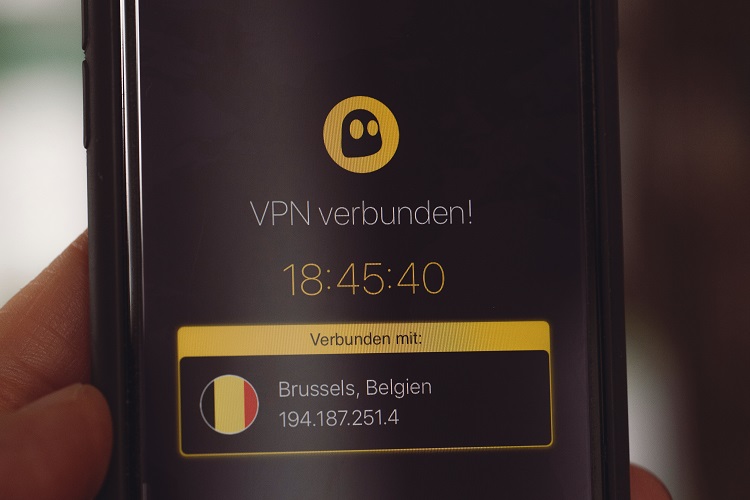 Source: Markus Spieske on Unsplash
Source: Markus Spieske on Unsplash
Data protection on home soil
19. May 2021 Published by Raphael DoerrThis post about data protection was published on LinkedIn on 25 January by Anne Dickau. The post can be viewed, liked and shared at this link.
Data leaks are a recurrent problem in our day and age. A hacker attack on the European Medicines Agency (EMA) at the beginning of December reiterated the fact that cybercriminals exploit security vulnerabilities in particular to obtain valuable information, such as customer data. At the same time, there is increasing use of digital channels for communication. So what is to be done in the face of this deluge of data and higher levels of cybercrime?
VoIP: Crucial advantages, but new risks
Deutsche Telekom’s move to convert its telephone network fully to Internet telephony with the Voice over Internet Protocol (VoIP) starting in 2018 induced many companies to purchase a new VoIP-capable telephone system. It now doesn’t necessarily have to be a piece of hardware installed in the office, but can also be a virtual cloud solution on a service provider’s server. Since the advent of the age of IP telephony, phone calls are transferred at lightning speed between end-user devices in the form of IP data packets. This process speeds up phone calls and improves their quality tremendously, but is also an attack surface for cybercriminals. To minimize this security risk, companies in particular seek reliable support and high quality from communications providers when they buy a new telephone system. They ultimately want to ensure the highest-possible data security for their own customers, so one of the key questions deciding what product to buy is: How secure are the servers to which the IP telephone systems are connected?
Gigaset scores highly in that regard, since its servers are located in Germany and not outside Europe as is the case with many other providers. That means our customers’ data is processed in compliance with this country’s laws and that regular maintenance checks and security updates on the servers themselves are also carried out right here. As with our products, the label “Made in Germany” is a pledge of quality and security.
Data security in compliance with the GDPR
This meticulous care in handling customer data on Gigaset’s servers pays off: Since the GDPR was enacted, there has been a significant tightening of security requirements for customer-related data – and it is mainly companies themselves that are being taken to task. Since May 2018, the General Data Protection Regulation (GDPR) has applied uniformly throughout Germany and Europe to companies that are based and make products in Germany. The obstacles for European companies are high, since ensuring security for vast quantities of customer data is an additional challenge, especially for small and medium-sized enterprises.
We at Gigaset are therefore driven by the desire to strengthen companies with reliable technology and data security in the use of IP telephony.
Reliably fulfilling quality expectations
In addition to maximum data security, the majority of German companies attach great importance to high-quality end-user devices when investing in a state-of-the-art communications infrastructure. For 25 years, we at Gigaset have met these quality expectations with our products, which are made in compliance with German standards – in a portfolio ranging from innovative phones, smart home systems and (since 2018) smartphones. The end-user devices and their accessories are designed in the German town of Bocholt and assembled as privacy-by-design solutions that – from the time the devices are put into operation – protect user data against external access in constant digital coordination with Gigaset’s servers.
At the end of the day, the total cost of ownership of a state-of-the-art IP telephone system is naturally of interest. Here, too, Gigaset boasts impressive credentials in the long run: We offer our customers ideal value for money with a combination of secure servers, products of a high quality and hence long service life, and a reliable range of services. What’s more, the risk of data leaks on German servers is many times lower than outside Europe – which means your company has hardly any risk of violating the GDPR.
 Comments
Comments

 en
en 







